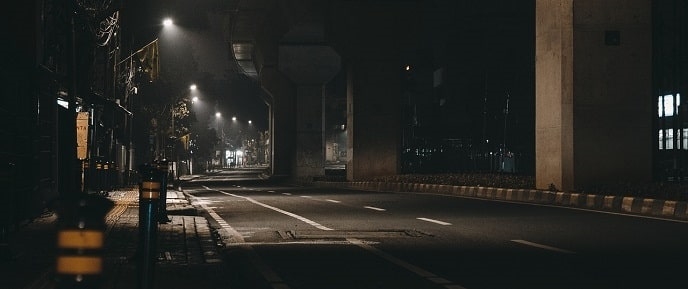DKI Jakarta Province to Impose New Lockdown as COVID-19 Patients Grow
The continuously rising number of confirmed novel coronavirus (COVID-19) cases in the province of DKI Jakarta, which is the political and economic heart of Indonesia, has made the DKI Jakarta Provincial Government decide to impose a new local lockdown (heavy social and business restrictions, locally known as 'PSBB'). Jakarta Governor Anies Baswedan confirmed that the lockdown will be re-imposed per Monday 14 September 2020.
Among the key reasons behind the decision to impose another lockdown in Jakarta is that the number of available hospital rooms in the province is becoming scarce. Reportedly, currently, 81 percent of the total of 513 hospital beds in Jakarta (intensive care units) is occupied.
Per 9 September 2020, there have been 49,837 confirmed COVID-19 cases in Jakarta. While 37,245 people have recovered, there are 1,347 people who have died after being diagnosed with COVID-19 (implying a fatality rate of 2.7 percent). Problematically, since late-August 2020, it has become increasingly common to see over 1,000 newly daily confirmed COVID-19 cases in Jakarta. This is putting pressure on medical facilities.

Baswedan added that all office activities will need to be carried out from home ('work from home'). However, there are 11 essential business fields that will be allowed to resume operations:
1. Health
2. Food & beverage
3. Energy
4. Communication and information technology
5. Finance
6. Logistics
7. Hospitality
8. Construction
9. Strategic industry
10. Basic services/vital objects
11. Daily necessities
As a result of the new lockdown next week, entertainment venues, tourism, and hospitality will be affected heavily. While restaurants can remain open, consumers will not be allowed to eat at the restaurant but, instead, take the food back home (this also occurred in Jakarta's first lockdown in April/May).
This also means that economic activity is likely to be affected significantly, implying that economic recovery will experience a setback in the third quarter of 2020 (Indonesia's economic contraction was recorded at 5.32 percent year-on-year in the second quarter of the year). On the morning of 10 September 2020 the benchmark stock index of Indonesia (Jakarta Composite Index) was in fact temporarily down nearly 7 percent as a consequence of the announcement overnight.
Bahas
Silakan login atau berlangganan untuk mengomentari kolom ini
